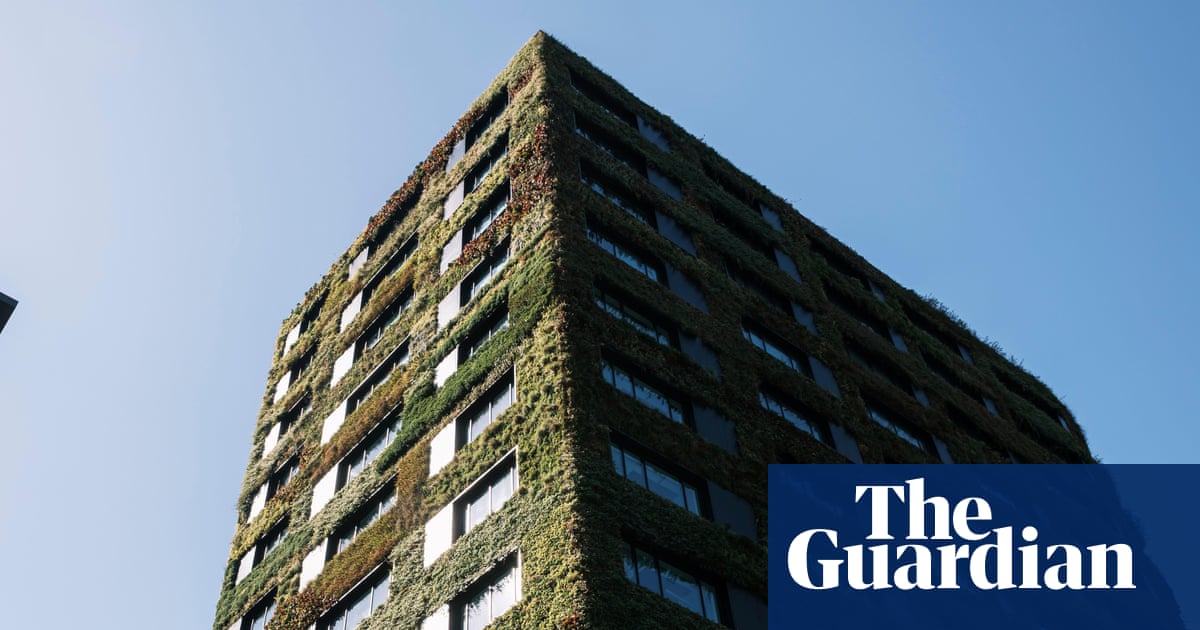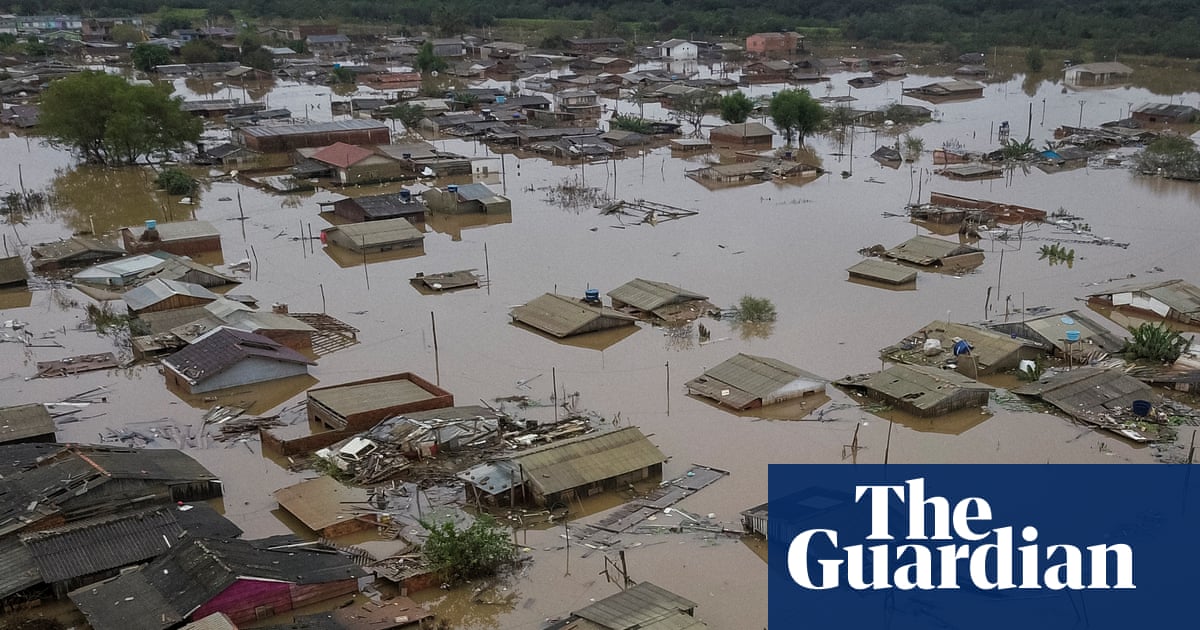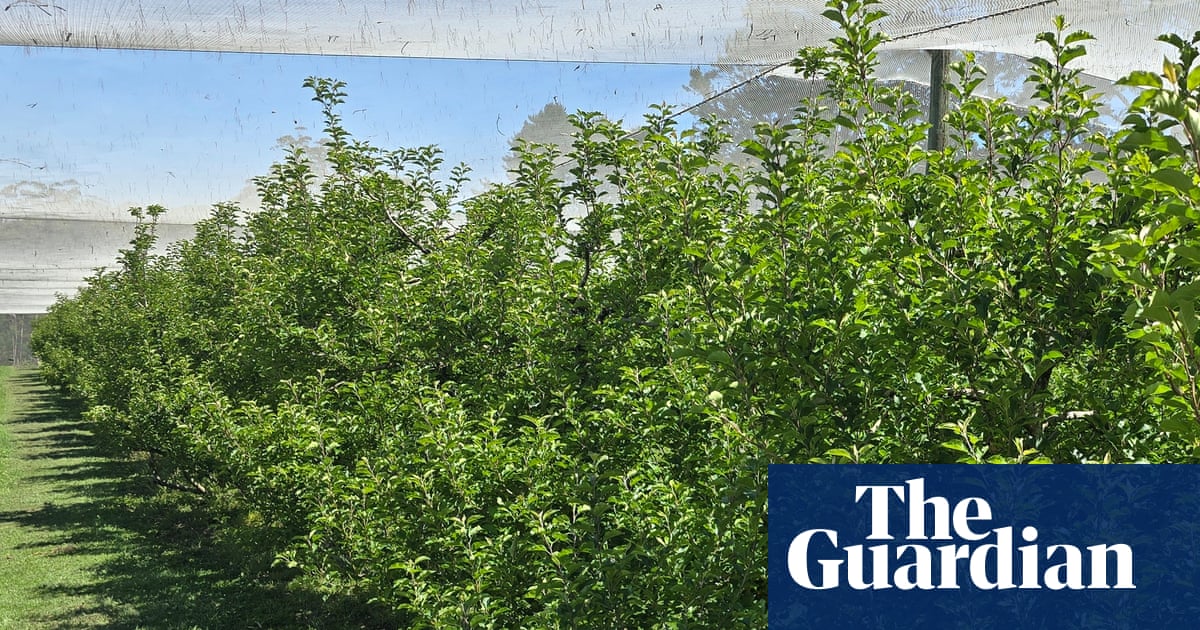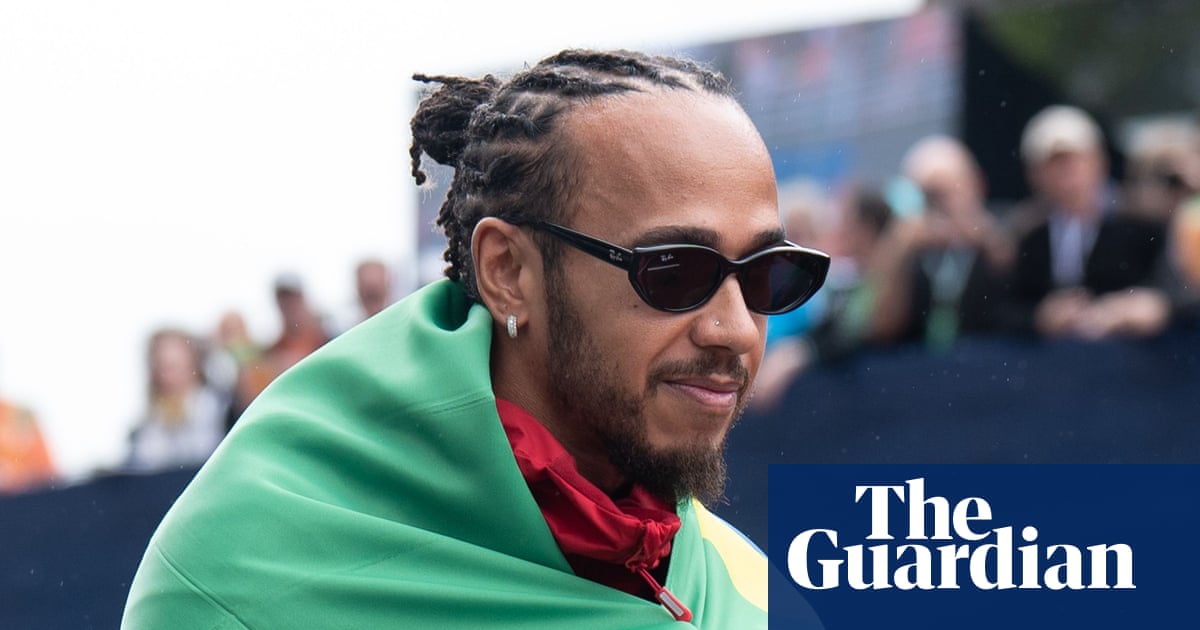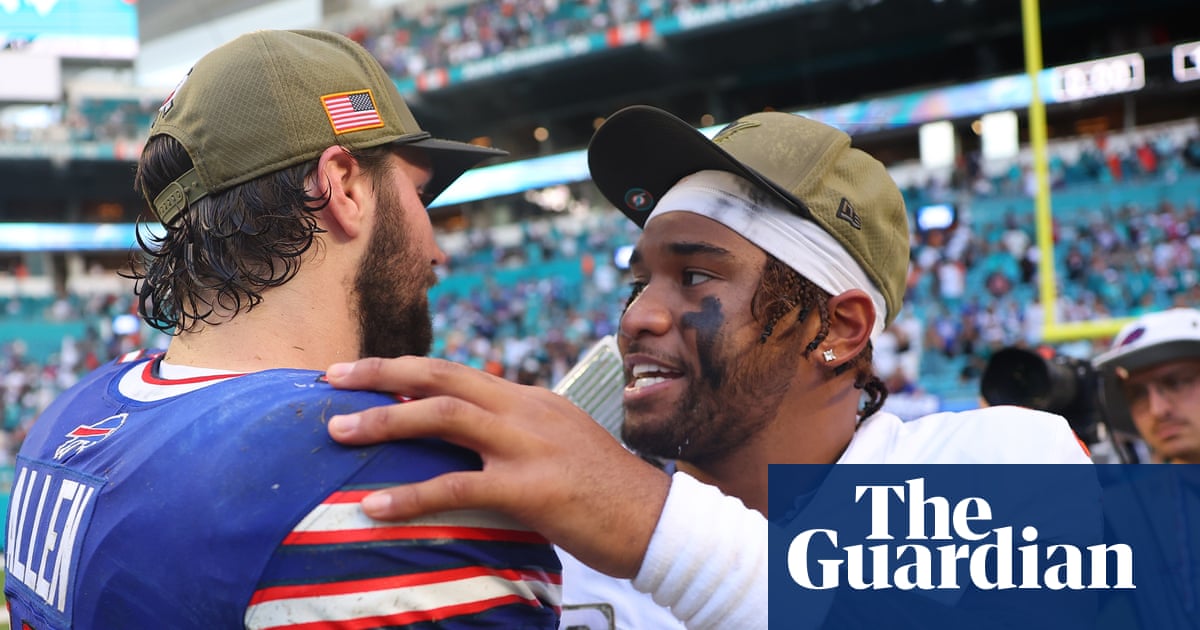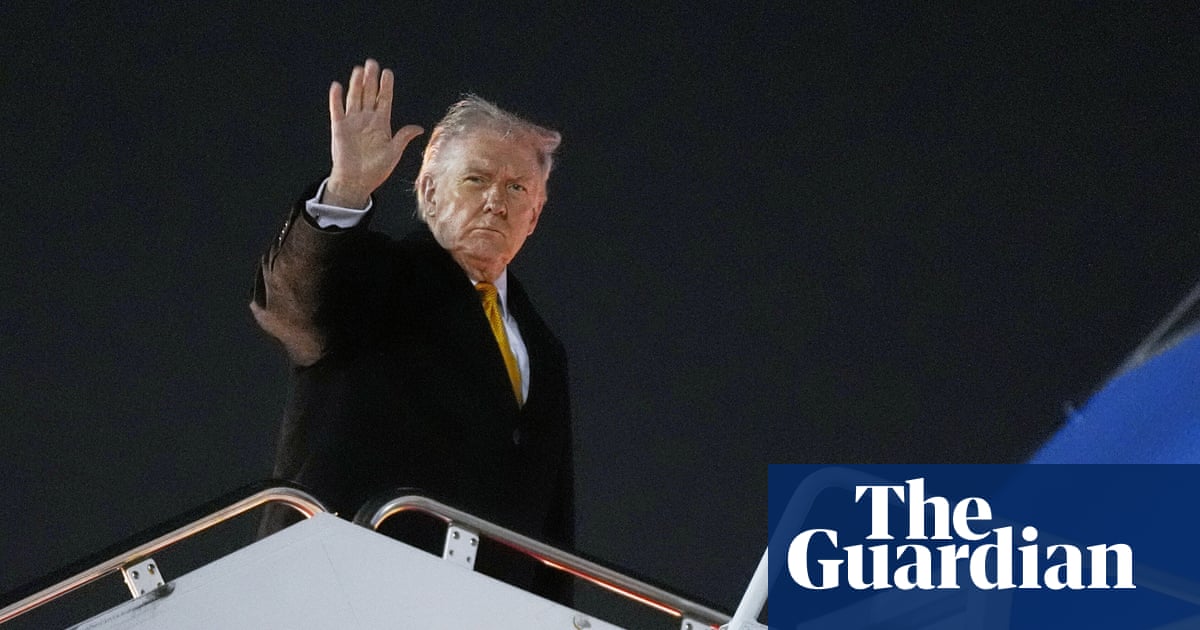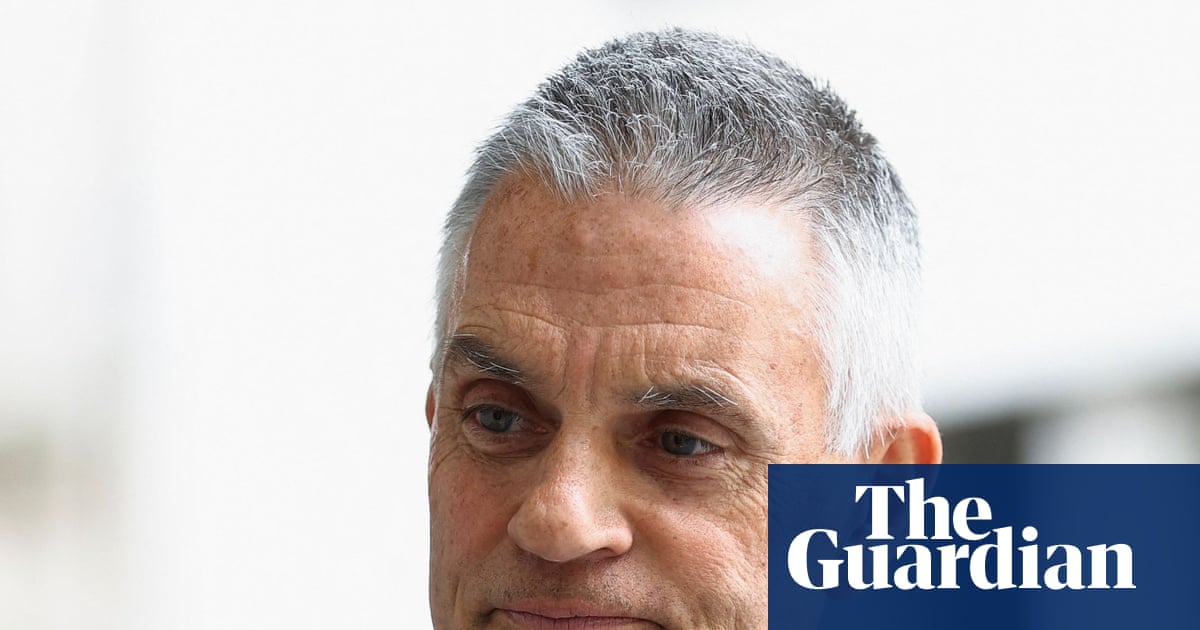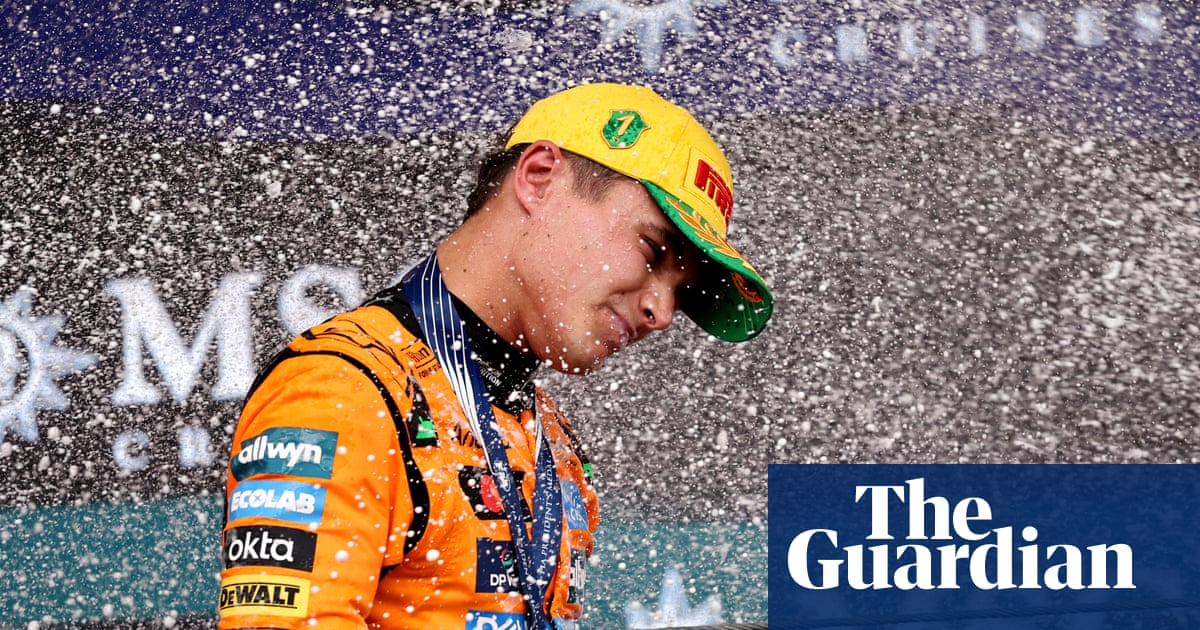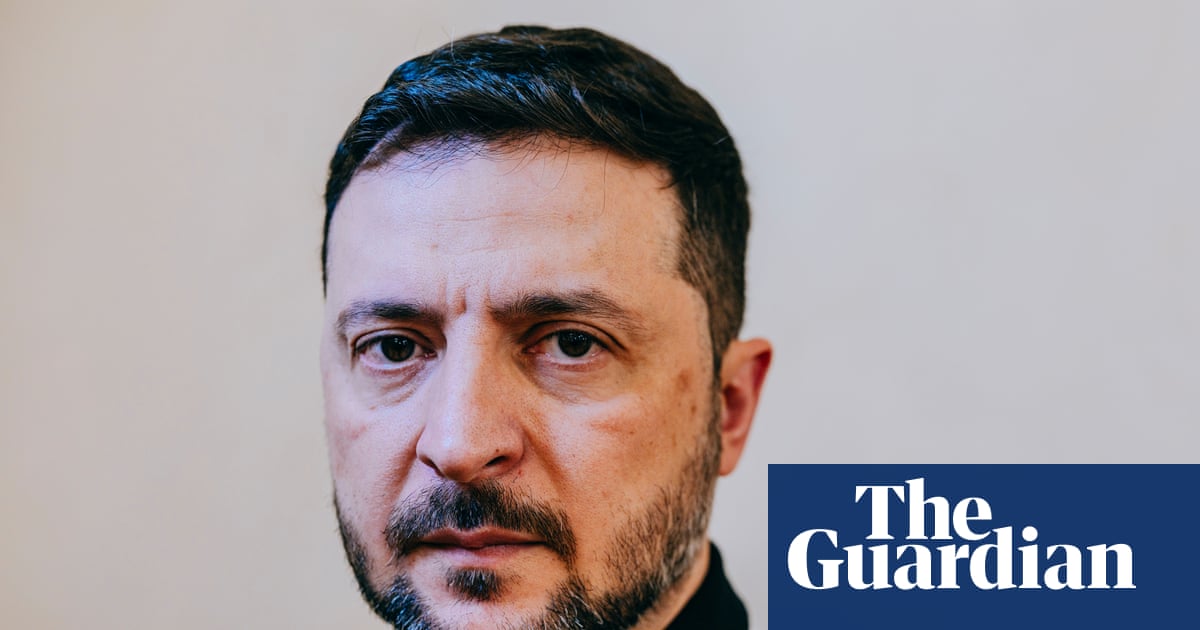Dilma Mendes’s contribution to football has been significant. She is the coach responsible for identifying and honing the talent of Formiga, one of Brazil’s most emblematic female footballers. Mendes trained the player from the age of nine until her professional career began at 16. Now, more than 30 years later, they are working together again, to bring the Football 7 World Championship title to Brazil. The international tournament takes place in Curitiba, in the south of Brazil, from 21-24 August.
Mendes, twice voted the best women’s seven-a-side coach in the world, has called up the 47-year-old Formiga to lead the fight for a second world title, and Formiga’s wife, the former player Érica de Jesus, will be assistant coach. Mendes’s career with the national seven-a-side outfit began in 2019, when she was hired to develop a new team, and she searched all corners of Brazil to identify players. In 2023, when the men announced the futsal legend Falcão would play for them, the women brought in Formiga.
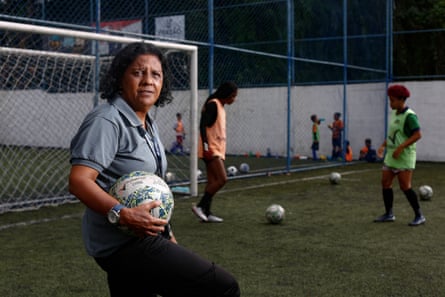
“I reached out to Formiga and told her we needed her as a legendary player,” Mendes says. “I truly believe in this sport because we have seen events growing more and more, even big tournaments like The Soccer Tournament, for example. We see players who have a history in other kinds of football, but we also see new generations who can become stars of the game in their country.”
Formiga, who played 234 times for Brazil’s 11-a-side team, including at seven World Cups and seven Olympic Games, calls Mendes her “second mother”. Mendes would take Formiga to every tournament her team played, even if she was too young to participate . “I think life chose Formiga for me, as much as I chose her,” Mendes says. “I always say that love found both of us – the love we have for football. I met Formiga when she was nine, playing in the neighbourhood, barefoot among adult men. I even wondered if she was a boy or a girl. I shared her custody, so to speak, with her mother, Celeste, until she was 12. Then, we decided she needed a change and she moved in with me. I left my flat and rented a place for me and 11 girls, which we called Athlete’s Home.”
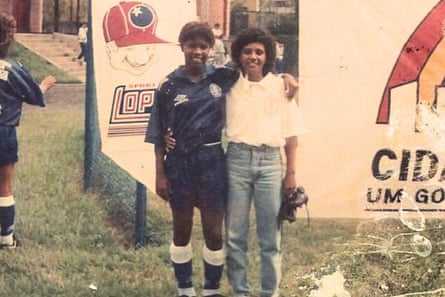
Living and training with women helped Formiga develop her style. When she was 16, a group representing the women’s national 11-a-side team saw Formiga playing futsal and gave her a Brazil call-up. Her international career would span 26 years. When Formiga was called up as a forward, Mendes fought for her to play as a defensive midfielder. “I’d seen her playing against grown men, fighting for the ball, at just nine years old. I knew she would be great at that – and also, Brazil has always had many forwards but needed more people who could play defensively. It worked out for the best.”
Mendes’s path in football began in her home town of Camaçari, in the countryside of Bahia. However, during childhood, it was illegal for women to play football. She would play with boys in the neighbourhood, paying them in ice-cream to warn her if the police or her mother were around. The ban was lifted in 1979 – until then, she would be detained and sometimes scolded if caught playing.
“The police would arrest me but couldn’t keep me for long because it was a small town – they couldn’t keep me in a cell for playing football. But they would sit me down and wait for one of my parents to come and pick me up. I always hoped it was my dad, because he would cover for me, but my mum would scold me. She thought I was just being a rebel, but I played football out of love.”
Mendes has been appointed sports secretary in Camaçari and works with several social projects teaching football to girls in the state. Formiga followed in her footsteps and became sports secretary in the city of Cotia, in the countryside of São Paulo, working with Mendes to develop a strategy for women’s football teams around the state.
Mendes has also worked as a curator in the new permanent exhibit at the Football Museum in São Paulo, sharing part of her archives about women’s football in Bahia and around Brazil, with pictures and stories. She regularly meets fellow women’s football pioneers to study and discuss the game, their lives and shared experiences.

“As Black women, we need to not only have the knowledge but also be able to strategise in order to get into the game without changing who we are,” she says. “Ever since I was a kid, I knew that if I wanted to play football, I needed to learn the fundamentals – keepy-uppies, control, balance … I believe that as a coach, I have to study even more.” Her experience with futsal led her to better understand how to play in tight spaces and take advantage of every shot.
Mendes has big dreams and is developing a study of women’s football teams around Bahia to understand where the game needs more support. “If you have 20 girls in a social project, for example, they will need support. One of them might be a future Formiga, a future Marta, Roseli, Pretinha … We need to think about the 2027 Fifa Women’s World Cup as an opportunity for legacy and public policy, but always questioning who is benefiting from it.
“We need to create laws to protect the game, because when I was a kid, there was a law that tried to keep me from playing. I think our own existence as players and as people who want to develop the women’s game in Brazil show why this study matters. Otherwise, the stakeholders will be talking about us without us having a seat at the table.”
Get in touch
If you have any questions or comments about any of our newsletters please email [email protected]
-
This is an extract from our free weekly email, Moving the Goalposts. To get the full edition, visit this page and follow the instructions. Moving the Goalposts is back to its twice-weekly format, delivered to your inboxes every Tuesday and Thursday.

 2 months ago
67
2 months ago
67

